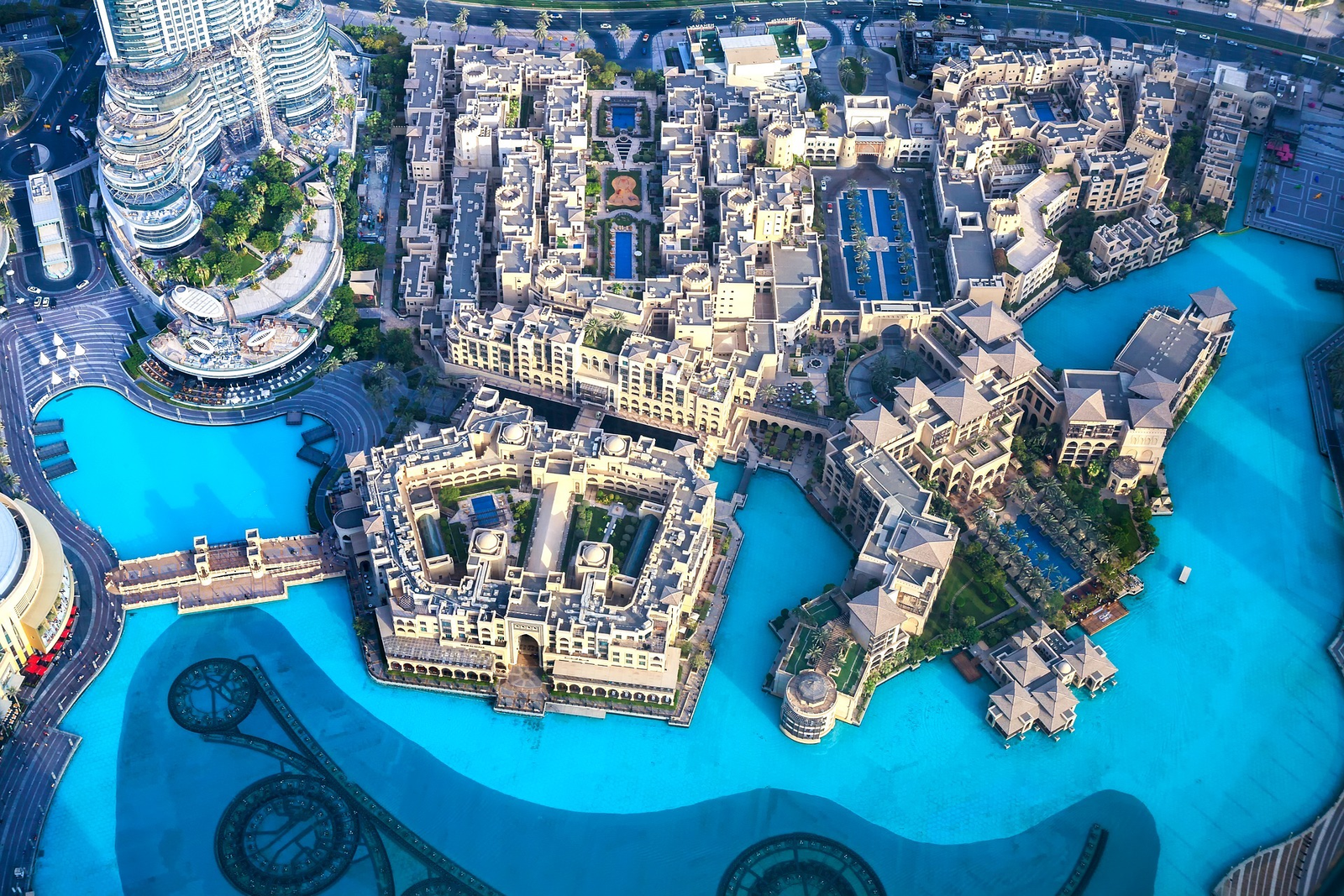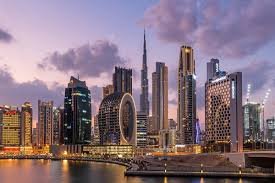Now Reading: Buying Property as a Foreigner in the UAE: Legal Guide 2025
-
01
Buying Property as a Foreigner in the UAE: Legal Guide 2025
Buying Property as a Foreigner in the UAE: Legal Guide 2025

Table of Contents
Foreigners can purchase property in the UAE, but the process and regulations vary by emirate, with Dubai and Abu Dhabi being the most popular for foreign investment due to their clear legal frameworks. Below is a comprehensive guide to buying property as a foreigner in the UAE in 2025, covering legal requirements, ownership types, costs, financing, and visa opportunities.
Can Foreigners Buy Property in the UAE?

Yes, foreigners can buy property in the UAE, but only in designated freehold areas where full ownership is permitted. Outside these areas, foreigners may acquire leasehold or usufruct rights, typically for 10 to 99 years. The rules differ across emirates, with Dubai offering the most flexible framework, followed by Abu Dhabi, while other emirates like Sharjah and Ras Al Khaimah have stricter regulations.
Key Legal Requirements

- Eligible Emirates and Ownership Types:
- Dubai: Foreigners can purchase freehold properties in designated areas like Downtown Dubai, Palm Jumeirah, Dubai Marina, Jumeirah Lakes Towers (JLT), Business Bay, and Arabian Ranches. Freehold ownership grants full rights to buy, sell, rent, or inherit without time restrictions. Leasehold options (up to 99 years) are also available in non-freehold areas.
- Abu Dhabi: Since amendments in 2019, foreigners can own freehold properties in investment zones like Saadiyat Island, Yas Island, and Al Raha Beach. Ownership is limited to apartments and villas (not land) for up to 99 years under systems like usufruct or musataha.
- Sharjah & Ras Al Khaimah: Foreigners are restricted to leasehold or usufruct rights (up to 100 years in Sharjah), subject to approval from local authorities. Ownership of land is generally reserved for UAE or GCC nationals.
- Other emirates (e.g., Ajman, Fujairah) have limited freehold options and typically allow leasehold arrangements.
- Required Documents:
- Valid passport (no residency visa required for purchase).
- Sale and Purchase Agreement (SPA) or Memorandum of Understanding (MoU), outlining terms of the sale.
- No Objection Certificate (NOC) from the developer or previous owner for secondary market purchases, confirming no outstanding dues.
- Power of Attorney if using an agent.
- Proof of funds or mortgage pre-approval if financing the purchase.
- For UK buyers: Registration of a will with the DIFC Wills Service Centre is recommended.
- For visa applications: Title deed and proof of property value from the Dubai Land Department (DLD) or equivalent authority.
- Legal Process:
- Select a Property: Work with a registered real estate agent (e.g., licensed by Dubai’s Real Estate Regulatory Agency, RERA) to identify properties in freehold zones.
- Due Diligence: Verify the property’s legal status, title deed, and absence of debts through a lawyer or agent.
- Sign the SPA/MoU: Negotiate terms and sign the agreement, typically with a 10% deposit.
- Pay Fees and Register: Pay transfer fees (e.g., 4% in Dubai) and register the property with the local authority (e.g., Dubai Land Department or Abu Dhabi Municipality).
- Obtain Title Deed: Issued by the local land department, confirming ownership.
- Cultural and Legal Considerations:
- The UAE follows Islamic law (Sharia), which may influence property transactions. Consulting a lawyer familiar with Islamic finance is advisable.
- Engage a local lawyer to review contracts and ensure compliance with emirate-specific regulations.
- For non-freehold areas, consider establishing a local company (e.g., LLC with a UAE national holding 51%) to own property indirectly.
Ownership Types
- Freehold: Full ownership of the property and land in designated zones, with rights to sell, rent, or pass on as inheritance. Common in Dubai and select Abu Dhabi areas.
- Leasehold: Ownership of the property (not the land) for a fixed period, typically 10–99 years. Common in Sharjah and non-freehold areas.
- Usufruct/Musataha: Rights to use and benefit from the property for up to 99 years (Abu Dhabi) or 100 years (Sharjah), often without land ownership.
Costs and Fees
- Property Transfer Fee: 2–4% of the property price (e.g., 4% in Dubai, paid to the DLD).
- Service Charges: AED 10–30 per sq. ft., depending on the property type.
- Municipality Fee: 3–5% of annual rent for tenants, not owners.
- VAT: 5% on commercial properties; residential properties are exempt.
- Agent Fees: Typically 2% of the purchase price, paid to RERA-licensed agents in Dubai.
- Legal Fees: AED 6,000–10,000 for contract reviews and due diligence.
- No Taxes: The UAE has no property tax, income tax, or capital gains tax, making it attractive for investors.
Average Property Prices (2025):
- Dubai:
- Apartment (city center): $3,755/sq. m ($300,000–$600,000 average).
- Villa: $500,000–$1,000,000.
- Per sq. ft.: AED 1,848 (Dubai Marina), AED 1,156 (Arabian Ranches).
- Abu Dhabi:
- Apartment (city center): $3,340/sq. m; outside center: $2,947/sq. m.
- Prices are 5–71% cheaper than major cities like London or New York.
Financing Options
Foreigners can obtain mortgages from UAE banks, but terms vary:
- Resident Expats: Minimum down payment of 20–25%, with loan-to-value (LTV) ratios up to 75–80%.
- Non-Residents: Minimum down payment of 50%, with stricter eligibility.
- Documents: Passport, visa (if applicable), proof of income, bank statements (6–12 months), and credit history.
- Sharia-Compliant Financing: Options like Diminishing Musharaka or Ijara are available from Islamic banks.
- International Banks: HSBC and other global banks may offer better terms for non-residents.
- Repayment Terms: Up to 25 years for expats; longer for UAE nationals.
- Tip: Pre-approval is recommended to determine your budget before signing agreements.
UAE Golden Visa and Residency Options

Investing in property can qualify foreigners for residency visas:
- Golden Visa (10 years, renewable):
- Minimum investment: AED 2 million (~$545,000) in freehold property, fully paid and mortgage-free.
- Eligible in Dubai and Abu Dhabi freehold zones.
- Benefits: Live, work, and study in the UAE; access to services like banking and education; visa-free travel within GCC countries.
- 3-Year Residency Visa:
- Minimum investment: AED 750,000 (~$204,000) in freehold property.
- Property must be ready for handover (off-plan properties may not qualify).
- Retirement Visa (5 years, renewable):
- For those over 55, with property worth AED 1 million (~$275,000).
- Application: Submit title deed, proof of property value, and passport to the General Directorate of Residency and Foreigners Affairs (GDRFA) or via authorized agents.
Benefits of Investing in UAE Real Estate
- Tax-Free Environment: No property, income, or capital gains taxes.
- High Rental Yields: 5–7% for villas, 6–8% for apartments in Dubai.
- Stable Economy: Robust infrastructure and political stability.
- Growing Market: 21.3% year-on-year residential value increase in Dubai (Q2 2024); 261,000 units under construction by 2029.
- Global Hub: Strategic location and tourism drive demand for short-term rentals.
Challenges and Tips
- Pitfalls:
- Market Fluctuations: Prices are rising (e.g., 14% increase in Dubai per sq. ft. in 2024), so timing is key.
- Due Diligence: Verify developer credentials and property status to avoid scams.
- Home Country Taxes: Check tax liabilities in your home country (e.g., U.S. citizens may owe taxes on rental income).
- Tips:
- Use RERA-licensed agents in Dubai for transparency.
- Diversify investments across property types and locations.
- Plan an exit strategy for short-term investments to maximize returns.
- Monitor DLD or local authority websites for policy updates.
Popular Areas for Investment (2025)
- Dubai:
- Luxury: Downtown Dubai (Burj Khalifa, Dubai Mall), Palm Jumeirah, Dubai Marina.
- Emerging: Dubai Hills Estate, Dubai Creek Harbour.
- Affordable: Jumeirah Village Circle, Dubai Sports City.
- Abu Dhabi: Saadiyat Island, Yas Island, Al Raha Beach.
- New Projects: Greenside Residences (Dubai Hills, completion Q3 2027), Bayview by Address Resorts (2028), Rove Home (Downtown Dubai).
Conclusion
Buying property in the UAE as a foreigner in 2025 is a straightforward process in freehold zones, particularly in Dubai and Abu Dhabi, with no residency requirements and attractive tax benefits. However, careful due diligence, understanding emirate-specific laws, and consulting legal and real estate professionals are crucial to avoid pitfalls. The Golden Visa program adds significant value for investors seeking long-term residency. For further details or personalized guidance, contact registered agents or visit official sites like the Dubai Land Department (dld.gov.ae) or UAE government portals (u.ae).
WATCH MORE :https://www.youtube.com/watch?v=cHNDxWEKhlY
READ ALSO: High-Rise vs. Villa Living in the UAE: What’s Right for You?






















